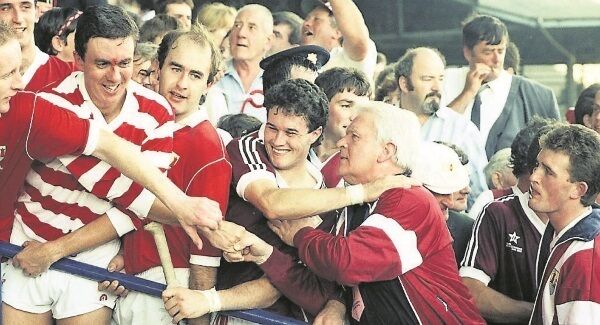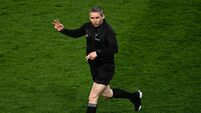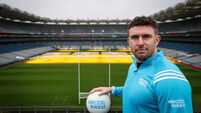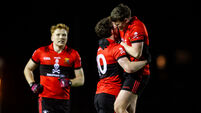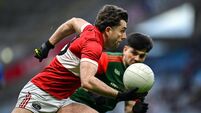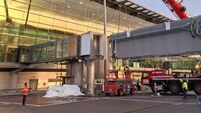CORK DOUBLE 1990: ’The Canon’ never lost his faith in Cork hurling
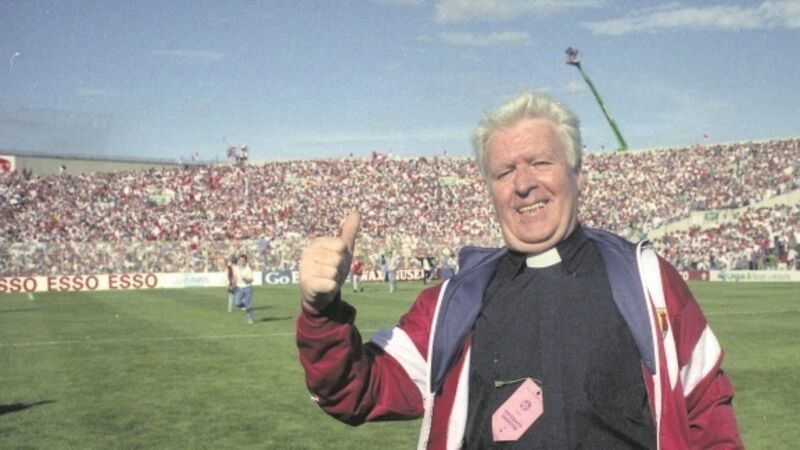
The smiles say it all. Job done. Cork, All-Ireland senior hurling champions for 1990. The Canon wears the Cork tracksuit top over his priest’s vestments, shakes hands with Cunningham while O’Gorman reaches for the Canon’s hands. The Milford native, who lined out at left corner-back, had arguably played his best ever 70 minutes for the Rebels in what was described as a game for the ages.
